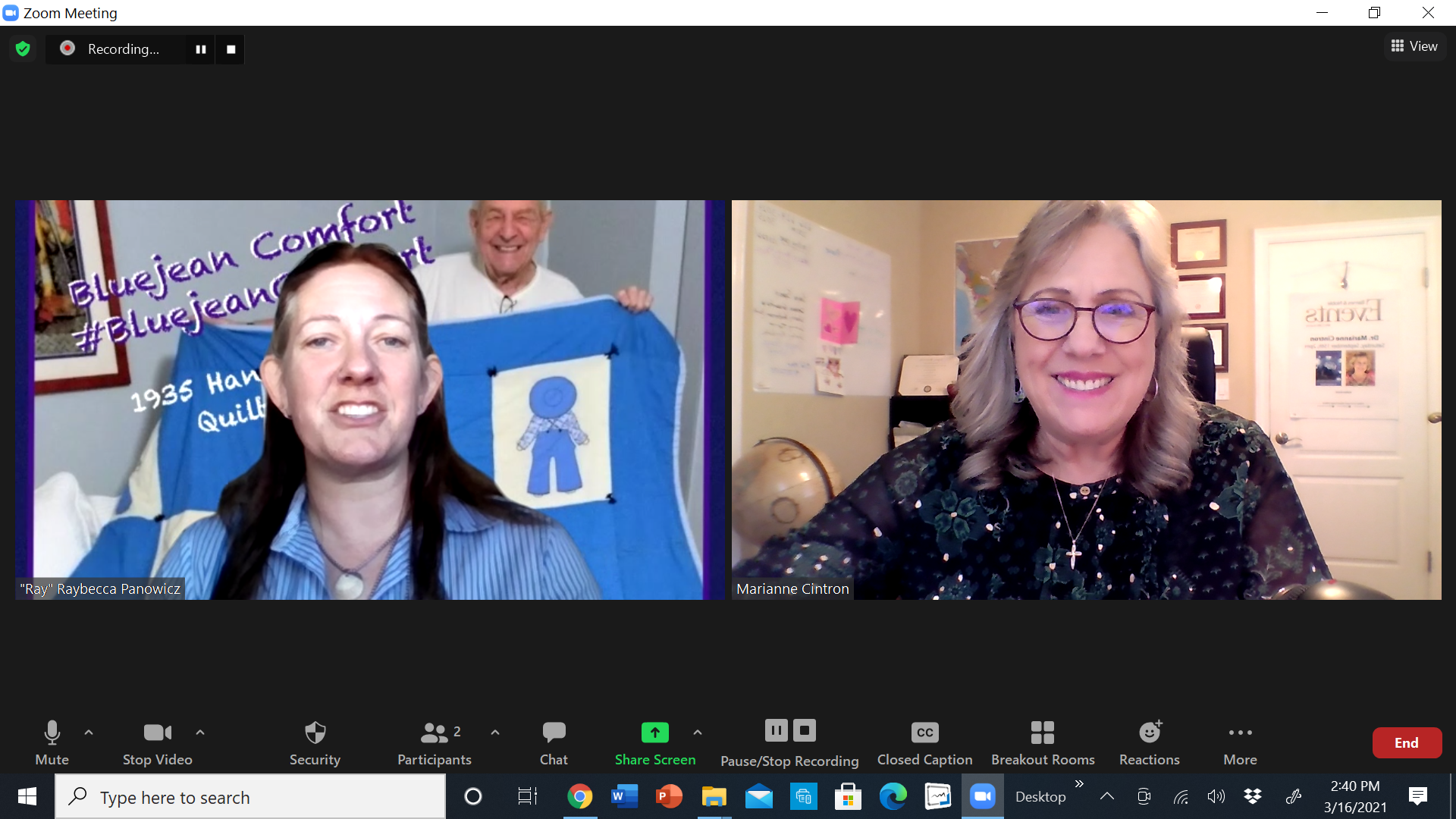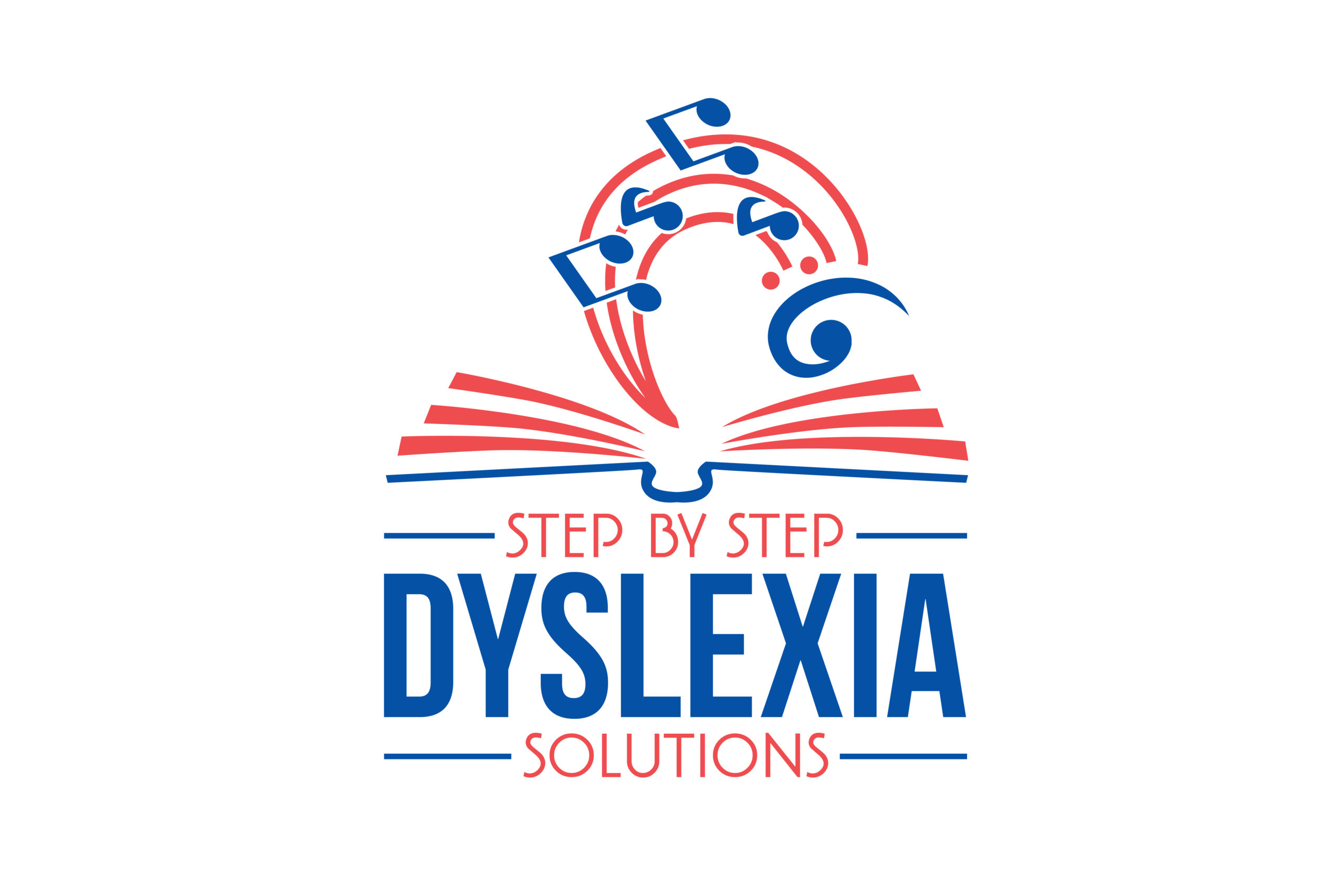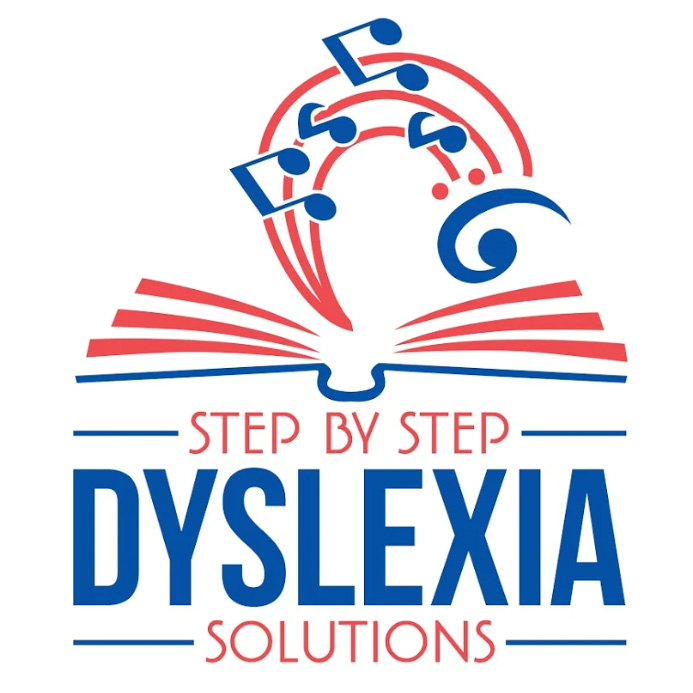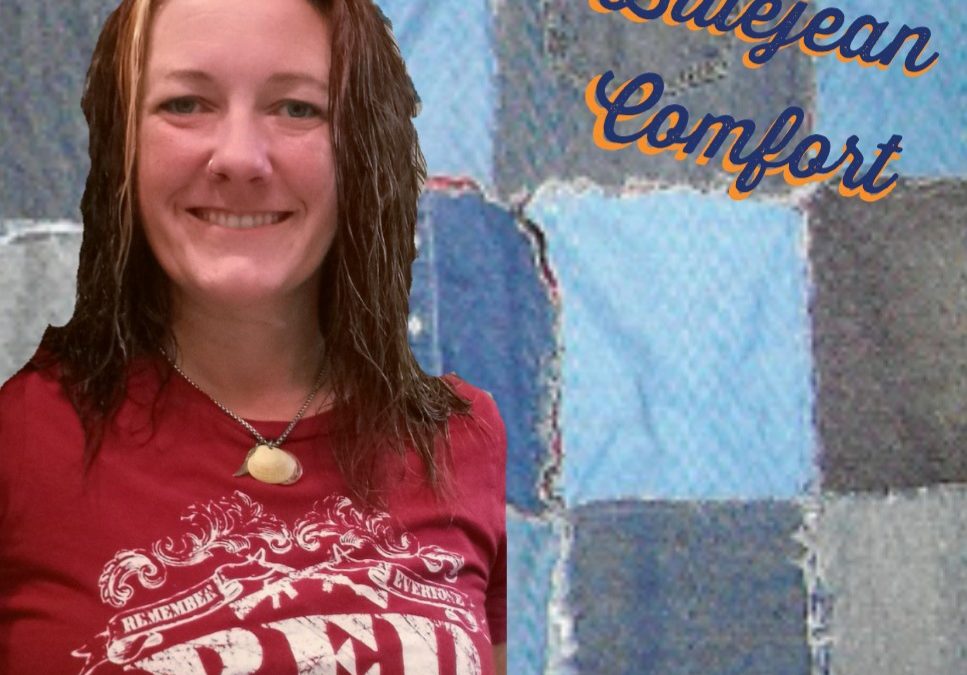Best Jobs for People with Dyslexia – Interview with Raybecca Panowitz
Hi, thank you for tuning in to our Dyslexia Solutions YouTube. I bring peace to families by helping their dyslexic children read so that they can realize their full potential, build their self-esteem and we can unlock their genius minds.
I’m Dr. Marianne Cintron, founder of Step-By-Step Dyslexia Solutions and we’re a 501(c)3 non-profit charitable organization. The reason we have these YouTube videos is three-fold: one is to raise awareness because as you obtain knowledge, you become more powerful; secondly is to show that you’re not alone in your situation; and thirdly is to gain sponsors to help us continue to get these messages forth. I interview parents who have dyslexic children and also adults who are dyslexic themselves. I want them to share their story with you.
40% of Self-Made Millionaires are Dyslexic!
Did you know that 40%of self-made millionaires are dyslexic? Did you know that 35% of the kids who drop out of high school are also dyslexic? We need to really help these students read, preferably before they reach grade level at fourth grade so that they are not part of the statistic. I want to introduce my very special friend and guest from Christian Business Partners, Raybecca Panowitz. She is a mother who is dyslexic, she’s a single mom, and she has a son who is also dyslexic. She is the CEO of Bluejean Comfort as you can see in her logo here. I’m going to have her come into the room right now. Rebecca, welcome.
Hi there, good afternoon.
Well, good to see you.
Good to see you.
Would you tell the audience a little bit about your background?
Yeah, I grew up sewing when I was a kid. I learned how to sew almost 30 years ago. I got straight A’s, sometimes B’s all through school and when I got into college, it just really presented that I was struggling with doing things that were not oral. It kind of came across when I first got my driver’s license as well. I was 18. My mom had to force me into getting my driver’s license, but I got more questions wrong than I ought to have on the written test. But when the worker asked me the questions orally, I was able to get them all. I knew all the answers and it was not a problem. I kind of started looking at what might be the problem. I always hated reading out loud and struggled through college, but still managed to keep up my grades for the most part. I ended up with two associate degrees and a certificate. One degree in sign language, which was the best thing that I’ve ever done in my life, it’s very cool, and a degree and certificate in child development.
Sign language gave me the conceptual world of understanding and catching onto conversations. Instead of having to go point by point, word for word, very logistical; both my parents are very logistical, and my sister is very logistical. I’m the only one who’s kind of out there on a different plane and I do a lot with my hands. I do a lot with listening and by doing that, I’ve been able to retain information whether it’s putting it into a song, putting it into some sort of a funky rhyme, and actually became a preschool teacher. I love the kids’ books. I adore the kids’ books because they’re in rhymes and because they’re imagination, so it definitely helped me out a lot.
What research is showing is that the four areas where dyslexic people really thrive is in the arts and you know the arts being entrepreneurs, being engineers, and architects. I’m impressed with your creativity with your quilts. Why don’t you share a little bit about that with the audience and how you preserve memories for parents of their young ones?
Absolutely. It’s parents who give me their children’s clothes as they grow older, or whether it happens to be sports. I’ve done a sorority one, several sports ones, several baby clothes and toddler clothes kind of things, as well as clothing from loved ones who’ve passed on. Families who definitely still want that snuggle. They want that comfort. It’s fabrics that just takes up so much room in the garage or a closet or whatever. They entrust me with it, which I feel so honored and I’m deeply respectful for every piece of clothing I get. I lay them all out; whether it’s on the floor, on the counter, on my bed, whatever space I have and I just sit back and let it talk to me and tell me what I should do. And then I will take it from there, cut out what I need to do. The hardest part for me is getting the sizing right for whatever size quilt they want because it involves a lot of math, unfortunately.
What do you tell parents who don’t want to cut up their kids’ baby clothes? For example, I’ve got boxes of cloth in my garage that I can’t imagine cutting up and you had a wonderful solution for me. So, tell the audience what your solution for those parents would be.
My biggest part is that I use every piece possible. So even though I may be cutting up some of it, there’s also ones that I will put in as whole pieces. The last two children’s quilts I did, I left full pajamas, so full onesies and everything and they were for kids who are five and three. That way they’re interactive as well. They’ve got zippers and things and I just warned mom to check the zippers before she put it in the wash. Everything’s very machine washable, everything’s lifetime warranty. If anything comes apart whether it’s a snap that comes off or there seems to be a little tear where maybe a seam didn’t match up and I didn’t catch it, I am more than happy to fix that and repair it or adjust what is wanted. Another one I used a bunch of shirts and I ended up using the shirts as background pieces as well.
Okay you also shared about how some people go to the thrift shops and pick out really cute, novel baby items in case they want a comforter made for a friend or as a gift. Want to share anything? I think that was really creative also.
I am an extremely thrifty person. I always grew up that way and I grew up in the thrift stores, so I know what you can’t find in there when you’re looking. It’s always best for me when I’m not looking, I find what I need. Even just personal quilts I’ve done for myself or for my boys, I’ve gone to thrift stores and I find things that remind me or have that memory. I wanted to be a ballerina, but it never happened, so when I did one of my own quilts, I went to a thrift store and the little girl section always has dance stuff and ballerina stuff. I found the nutcracker t-shirt and stuff like that, so I’ve been able to add all that kind of stuff because those are nostalgic memories for myself.
That’s really cute. Well let’s shift back to the dyslexia issue with your son. I’m real curious about when you started seeing your son struggle with reading. Did it dawn on you? You didn’t get diagnosed till college, right?
Right, yeah.
So were you seeing those signs in your son right away? Or what symptoms of dyslexia were you seeing in him?
It’s actually been really difficult to see it. He’s always been a great reader up until the last couple of years. He’s also a mild autistic so I wasn’t sure if it was a part of that or whether it had to do with the reading. He has always been a fan of comic books and things like that. Unless it’s a story that really gives that imagination part, right now he’s extremely involved in books about dragons, and it’s this whole series that he reads when he’s at his father’s house. He’s just enthralled by the whole thing and it’s fantastic. I tell him to give me the story and see how much he can recall. When it comes to something like that, he recalls it as amazing. When it comes to something like, “What did you learn in English?” He says, “Oh, not much.”
Raybecca’s son is 13 years old so he’s in middle school
Just for the audience’s information, Raybecca’s son is 13 years old so he’s in middle school. Also something that the dyslexic children and non-dyslexic children are reading is the comic books. We call them “graphic novels”. They’re great. The kids really engage in those and they weren’t always my preference when I would see the kids reading those. When I taught middle school, I would ask them to read and I’m like, “Okay but how do you read a regular book?” But I think to develop the interest in reading and develop the comprehension, they’re a lot of fun for kids. And parents are just so glad their kids are in a book, right?
Absolutely, and now they have those longer ones which I’m happier with than the ones we grew up with, which were like maybe 20 pages. Now they have these full chapter ones which is better, and I prefer that. But then you also have books like the “Diary of a Wimpy Kid” where it’s got random goofy pictures throughout it and so it helps to portray it. But i love seeing and having him tell me what he’s reading when I can hear his story and his version of it. Eventually I’ll pick up the books and I’ll actually read them because that’s something that I do enjoy too. He’s actually been telling me, and I just asked questions where I’m just curious about his reading when it comes to schoolwork versus these books and he’s hesitant on reading now when he is with me, which you he was before. I’m wondering if he can describe it for me, not what he’s reading but how he’s reading and what he’s seeing. That’s where I’m getting a lot more of the clues about it and how he’s seeing things.
So, he’s been diagnosed as dyslexic?
Not officially, no. It’s just been my experience and what I’ve read and what I’ve heard from you with your presentations and everything. I see it more in him than I see in his brother. His brother is 15 and I don’t see it in him at all. But there’s definitely something different when my youngest reads.

When you think about next steps for your son, are you thinking of going to the school or getting him assessed by an outside source?
I definitely would love to have that done to see if he could get the support he needs. There’s a little bit of familial conflict, but it’s definitely something I push for and want to have done. It’s been more complicated with everything being virtual right now. But they are going back to school and I got word yesterday on April 5th. But they only have school till the end of May so there’s not a whole lot of time to get anything done. I’m probably going to have to push off as far as involving the school district until next year.
Well, we’re going to have to continue this conversation between you and I, but how can people reach you?
By all means, I love getting text messages. It is the easiest way to get a hold of me. My number is 909-520-5381. I’m also everywhere online and I have my own hashtag. It’s BluejeanComfort and it will take you directly to my Facebook where you can get a hold of me as far as my business goes. If you want to see what’s going on in my life and I have nothing to hide, you’re definitely welcome to check out my personal Facebook page.

Are are you on Instagram also?
My business is on Instagram and everything’s under the same name. I like to keep it easy.
Any final words you’d like to say to the audience before we go?
I hope that this can help people, whether it’s a mom, a dad, full families, split families, whether you’re looking for sharing your memories, making a snuggle, or you just have questions about raising a dyslexic or an autistic. Either way, definitely by all means contact me.
Okay, thank you, Raybecca. We want to thank you all for being with us here today. I just want to urge you to remember dyslexia is not a four-letter word. We should be discussing it. We should be helping our students so that they can reach grade-level reading by fourth grade and if what we’ve shared has inspired you, please go to our website dyslexia-solutions.com. Consider being a sponsor and we will get these messages to continue going forward. I’m Dr. Marianne Cintron, founder of Step-By-Step Dyslexia Solutions, with my special guest Raybecca Panowitz. Thanks for being with us here today. Bye-bye now, and God bless you.
Listen to other stories of successful dyslexic geniuses here.

